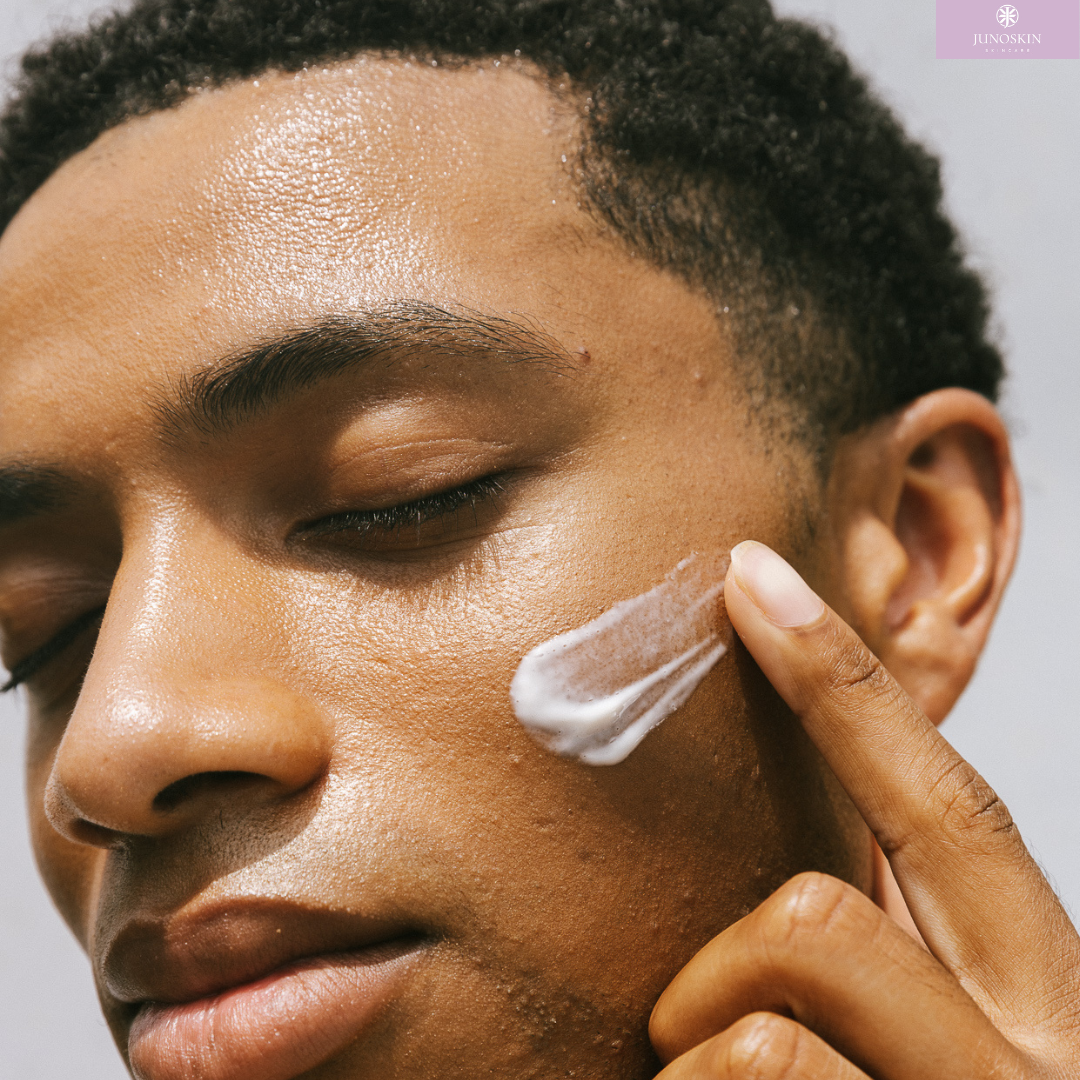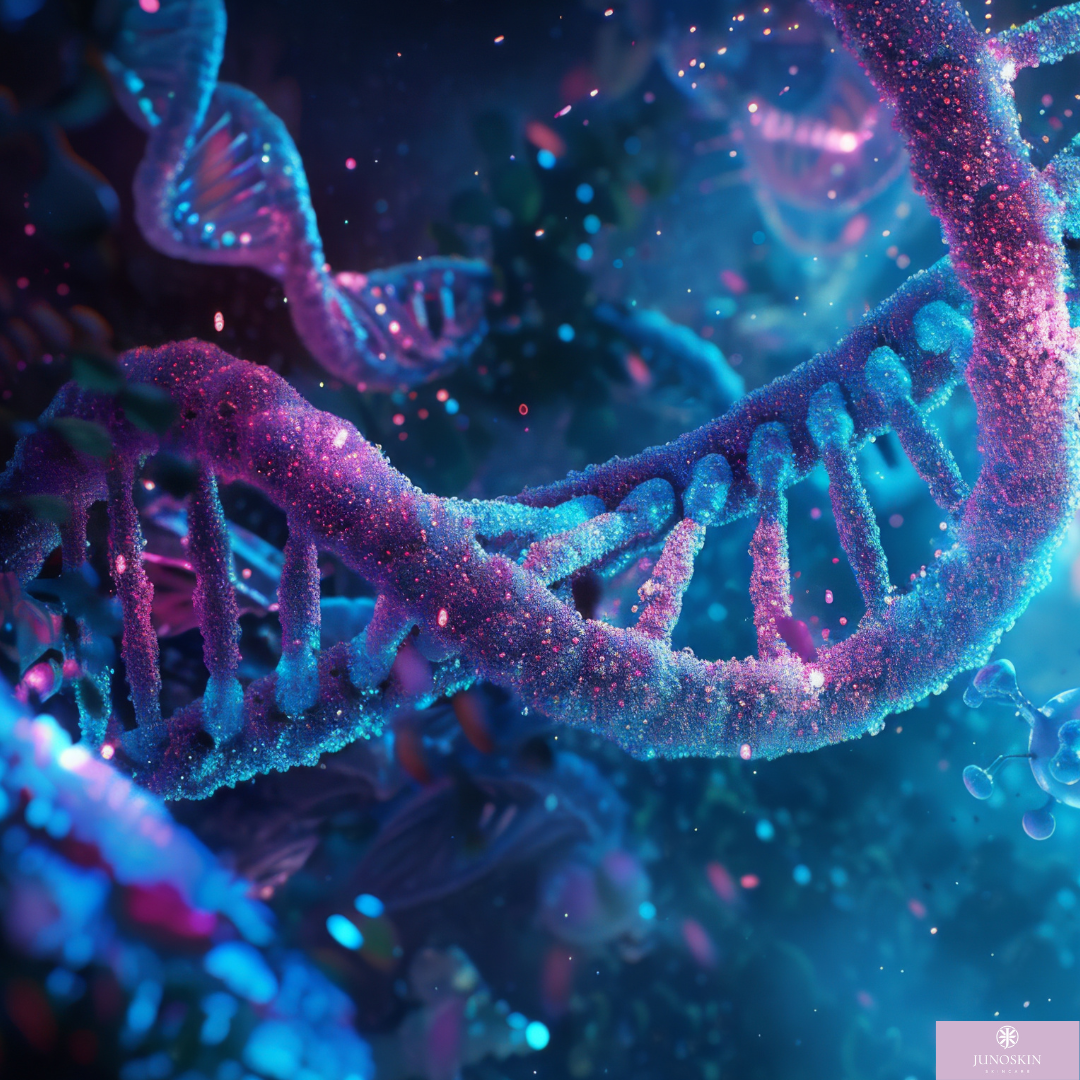Carnosine, a naturally occurring dipeptide composed of amino acids. It has effects on skin firming, it fights free radicals and It is widely researched for its action against glycation. Glycation is the main cause of collagen damage and blood vessel wall damage. It is a naturally occurring combination of two amino acids, alanine and histadine and is sometimes referred to as L carnosine Glycation occurs when an excess of glucose is combined with the collagen and elastin fibres. This sets off a chemical reaction that forms destructive molecules called Advanced Glycation End Products (AGEs). Glucose overlaps around the collagen and elastin fibres and with time they become rigid and can even break and lose their activity. With age, the AGE molecules accumulate in the dermis and end up destroying the support cushion of the skin formed by elastin and collagen.
Benefits:
- Antioxidant Defence: Carnosine functions as an antioxidant, scavenging free radicals and mitigating oxidative stress. By neutralising free radicals caused by environmental factors like UV exposure and pollution, it helps prevent premature aging and supports overall skin health.
- Anti-Glycation Effects: One of Carnosine's notable attributes is its ability to inhibit glycation, a process where sugars bind to proteins, leading to the formation of advanced glycation end products (AGEs). This action helps maintain the elasticity and suppleness of the skin by preventing the stiffening of collagen fibres caused by glycation.
- Anti-Inflammatory Properties: Carnosine exhibits anti-inflammatory effects, aiding in soothing and calming irritated or inflamed skin. This quality contributes to reducing redness and sensitivity, promoting a more balanced complexion.
- Skin Barrier Support: Studies suggest that Carnosine may contribute to enhancing the skin barrier function. Its ability to strengthen the barrier assists in moisture retention and protects the skin against external aggressors, promoting hydration and resilience.
Sources




